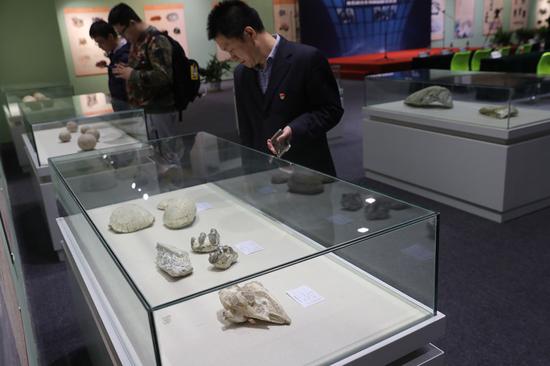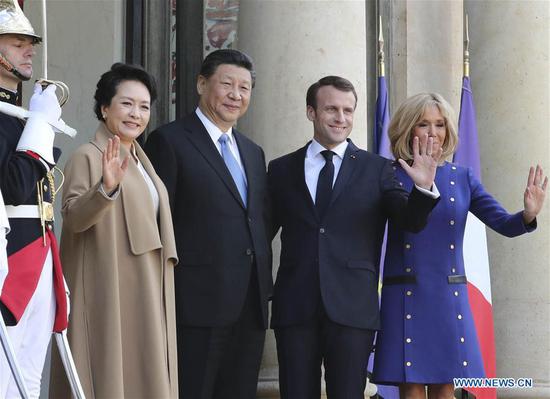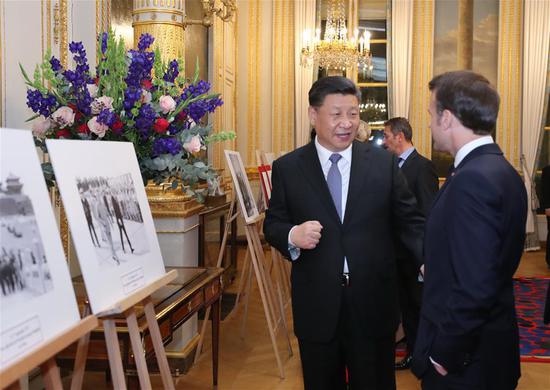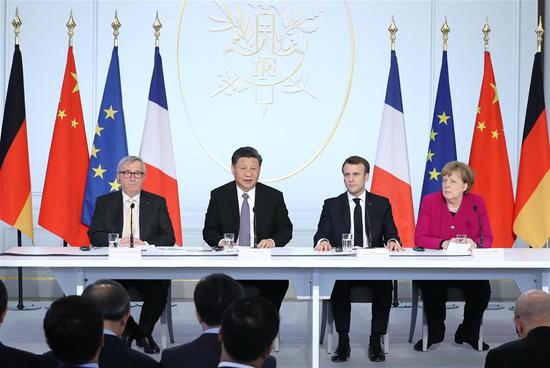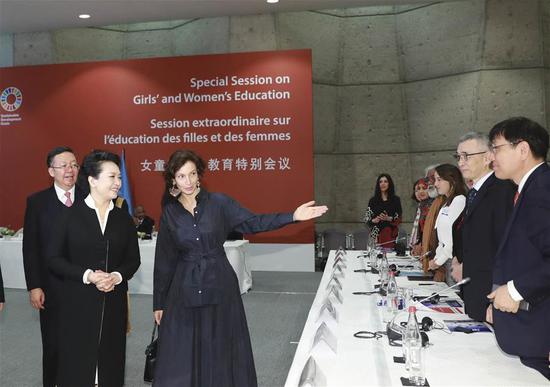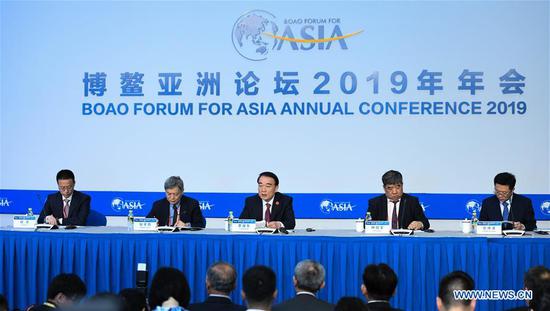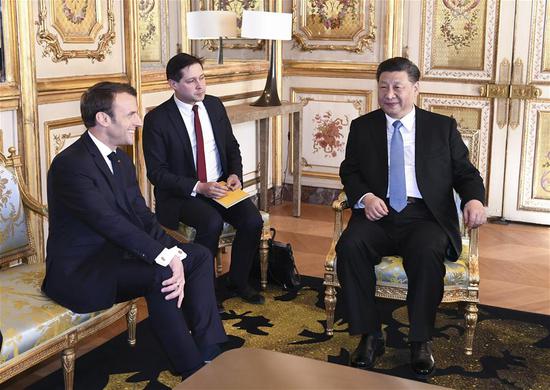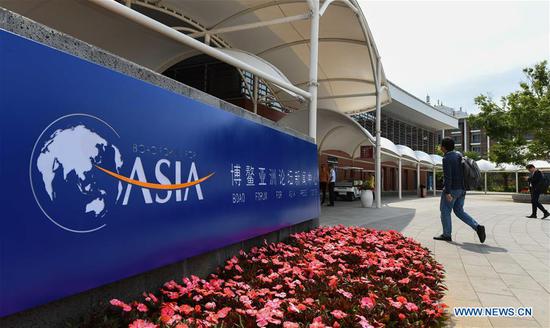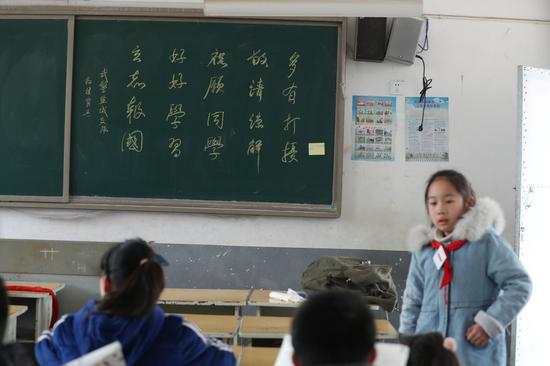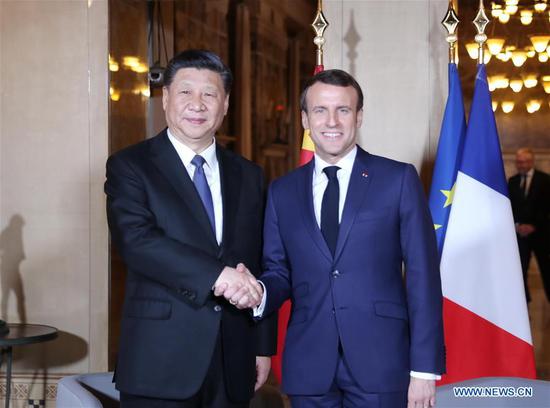China's ban on forced technology transfers will protect foreign investors: experts
China's newly approved foreign investment law, which aims to ban forced technology transfer, will need to work in sync with efficient law enforcement and strengthen penalties for illegal conduct in the future, experts said Wednesday.
The ban shows China's determination and confidence when it comes to safeguarding the legitimate rights and interests of overseas investors that seek growth in the Chinese market, and it also provides a more secure business environment, they noted.
China's new foreign investment law was adopted by the country's top legislature on March 15.
Administrative agencies and their staff are prohibited from using administrative means to force any technology transfer, read the new law.
The country encourages voluntary technical cooperation based on commercial rules in the process of foreign investment. The conditions for technical cooperation are determined by equal negotiations between the parties on the investment in accordance with the principle of fairness, according to the law.
The law comes as China continues trade talks to resolve its tensions with the US, which accuses it of unfair trade practices including intellectual property theft and forced technology transfer.
It is a promise that China made to foreign governments, as guaranteed by law, that the Chinese government will not force foreign companies to transfer technology, said Dong Dengxin, director of the Financial Securities Institute at the Wuhan University of Science and Technology.
It shows the country's determination and confidence in protecting intellectual property rights and safeguarding the legitimate rights and interests of overseas investors that seek growth in the Chinese market, Dong told the Global Times on Wednesday. "Technology transfers can only be made between two companies based on voluntary participation and equal principles."
Foreign companies in China need cooperation with local companies when they conduct business including establishing projects, recruiting workers and acquiring land, Dong said, noting that there may possibly be isolated cases where some foreign companies are asked to exchange technology by local companies as part of their cooperation.
Whether the rule can be fully implemented really matters and how strong the penalties are, should be the focus of the government in the future, according to Dong. "Thanks to the new law, foreign capital will find it more secure to invest in the domestic market," he noted.
"Provisions with regard to strengthened protections of intellectual property also mark a big step forward in China's foreign investment protection regime, and the new laws further strengthen our passion to carry out research and development (R&D) activities in the China with the passing of the foreign investment law," Peter Osborne, managing director for Asia for Australian vitamin maker Blackmores, told the Global Times on Wednesday.
The introduction of the ban involves not only the implementation of the principle of fair competition, but also the promotion of the transformation of Chinese industry, Alex Xu, a senior partner of global consultancy Roland Berger, told the Global Times on Wednesday.
What China's industrial sector needs is systematic enhancement of basic research to product development, from market insights to the R&D process, which cannot be resolved by technology transfers, Xu said.
According to a statement the European Union Chamber of Commerce in China sent to the Global Times on Wednesday, the organization welcomes the inclusion of language in an attempt to limit forced technology transfers.
"The foreign investment law is a substantive step forward that China has taken to reinforce opening-up, bringing more opportunities to the Volvo Group and our business partners," Martin Lundstedt, president and CEO of the Volvo Group, told the Global Times on Wednesday.
The law has sent an encouraging signal to foreign investors. Given the improved environment, foreign investors are gradually taking a more active approach when outlining their joint-venture mechanisms, for example, from "have to" to "want to", according to Lundstedt.









